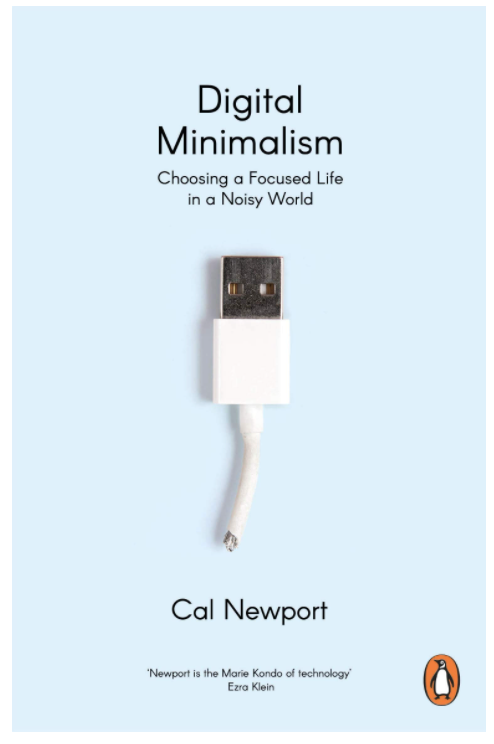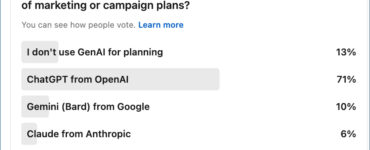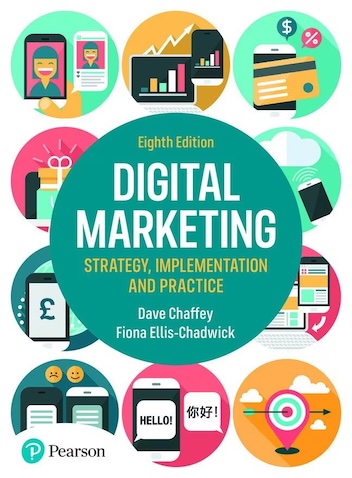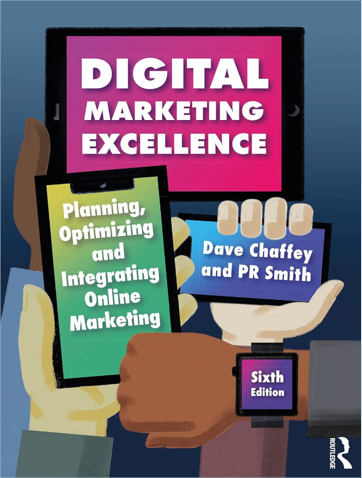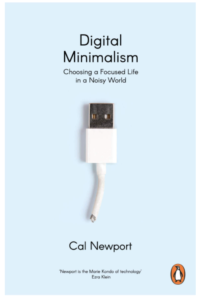
Digital minimalism is a concept popularized by Cal Newport, a computer science professor at Georgetown University in his book: Digital Minimalism: Choosing a Focusing Life in a Noisy World. He defines is as:
“A philosophy of technology usage in which you focus your online time on a small number of selected and optimised activities that strongly support things that you value and then happily miss out on everything else”.
Newport recommends 3 principles of digital minimalism:
- Clutter is costly. He suggests minimalists recognize that using too many devices, apps and online services, particularly social networks can be negative and result in the individual value of some digital activities being offset by the lack of attention and focus on other more important work and what he describes as ‘high-value leisure’ activities which have a positive impact. Newport has never used Facebook or other social networks regularly but believes he can be successful as a computer scientist and author without them.
- Optimization is important. He suggests adherents should complete a digital declutter which involves considering which online services are used and the cost/benefit of this. Some activities can be limited, or cut out entirely, for example, deleting social network apps, only accessing preferred social networks in the evening or on desktop. Various tools such as Freedom or Self Control are recommended that can be used to limit the use of social networks.
- Intentionality is satisfying. This highlights the positive aspects of becoming a minimalist which are reported to include more time and greater focus on other activities. It also shows that most minimalists are not eschewing the use of digital technology completely, rather they review their use of digital services and then decide what they should focus on – Newport suggests seasonal and weekly plans, ‘though they may not be for all.
Some digital minimalists take their need to escape social media to an extreme by using a phone like the Light Phone which has a simple screen with options for calls, texts and music only.

This video explains a ‘digital declutter’:
This, longer Tedx talk explains the drivers behind digital minalism:
How does digital minimalism relate to marketing?
The concept relates to marketing trends since it signifies an evolution of consumer behaviour where usage of social networks could become self-limiting when people realise it has a negative impact on their lives and takes steps to use social networks less. Facebook’s own reports to investors show declining numbers of active users in some key markets, although the overall global numbers of active users is increasing as the platform expands. Trends in active users tends to vary by age and it is to be expected that some demographics such as younger users spend more time on other platforms such as Instagram or TikTok.
Declining use of social media or particular networks,may lead to difficulty in targeting some demographics. Changes in media investment may be needed to reach these audiences.
Generally, Newport is highly critical of digital platforms created by the FAMGA companies who he says have created an ‘Attention Economy’ where consumers are manipulated by ‘attention engineers’ to spend more time on their devices since this will increase ad revenue monetisation.
He notes the negative impact on the psychological wellbeing of unrestricted online activities and talks about the dangers of ‘digital addiction’ where young individuals, in particular, may over-use social networks in their drive for social approval.
Newport refers to a blog article by Facebook employees, David Ginsberg and Moira Burke who asked: Is Spending Time on Social Media Bad for Us? This article was notable since it was one of the first time that Facebook acknowledged that using its platforms could be negative for a user and implied it could lead to changes of mood or even depression. It references different research which looks at negative and positive impacts. Newport notes that the positives are accentuated and the suggested solutions are based more around how social media should be used rather suggesting it should be used less. The article also notes changes Facebook made to encourage more positive interactions with high-quality content within the newsfeed.
Ginsberg, D. and Burke, M. (2017) Facebook blog article, December 15th, 2017. https://about.fb.com/news/2017/12/hard-questions-is-spending-time-on-social-media-bad-for-us/
